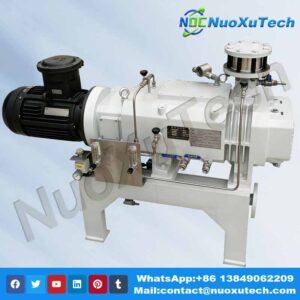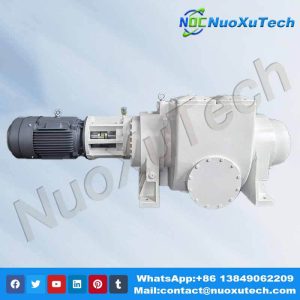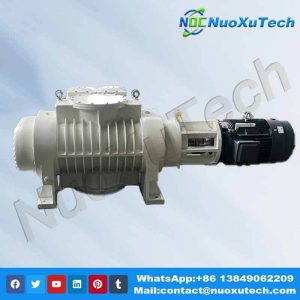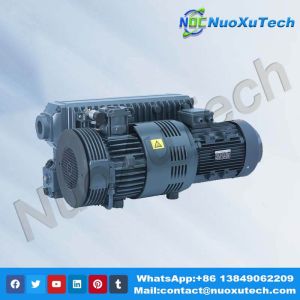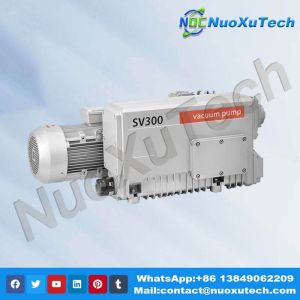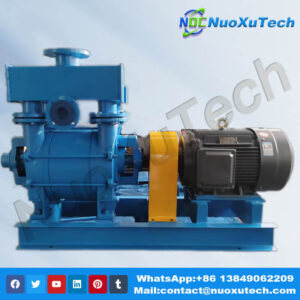Vacuum technology is a cornerstone of modern scientific experimentation. By removing gases and creating extremely low-pressure environments, it allows researchers to conduct precise and interference-free experiments. This article explores the applications and significance of vacuum technology in Scientific, physics, chemistry, and biology research.

Applications of Vacuum Technology in Scientific Research
1. Vacuum Technology in Physics Experiments
- Materials Research
Vacuum environments eliminate surface gas layers, enabling precise analysis of material properties. Techniques like electron beam evaporation rely on vacuum technology to produce high-purity thin films. - Particle Accelerators
High-energy physics experiments use vacuum systems to maintain gas-free conditions in particle accelerators, allowing particles to travel and collide at high speeds without interference. - Vacuum Electronics
Vacuum technology improves the performance and reliability of devices like vacuum tubes and electron guns, vital in advanced electronics research.

2. Vacuum Technology in Chemistry Experiments
- Thermal Analysis
Vacuum systems are critical in thermal gravimetric analysis, where samples are heated in a vacuum to accurately measure mass loss and study chemical reactions. - Deposition Techniques
Vacuum conditions are essential for methods like Chemical Vapor Deposition (CVD) and Physical Vapor Deposition (PVD), enabling the synthesis of nanomaterials and thin films for electronics and materials science. - Catalyst Studies
By removing interfering gases like oxygen, vacuum systems facilitate the detailed study of catalyst activity and stability, advancing catalyst design and applications.
3. Vacuum Technology in Biology Experiments
- Cell Culture
Vacuum pumps create low-oxygen environments to simulate hypoxic conditions in cell culture studies, aiding research on drug effects and cellular resistance. - Cryopreservation
Vacuum freeze-drying is widely used for preserving biological samples and products, extending their shelf life and ensuring their stability during transportation. - Biomedical Research
Vacuum technology is employed in sample preparation, such as degassing cell culture media to reduce oxidation and improve experiment reproducibility.
Importance and Future of Vacuum Technology
Vacuum technology is indispensable for eliminating gas interference, ensuring accurate and reliable experimental conditions. As scientific research advances, the demand for higher vacuum levels and specialized equipment continues to grow. Emerging fields like nanotechnology and biotechnology are driving innovations in vacuum systems to meet their unique requirements.
The future holds promise for more advanced vacuum solutions, enabling researchers to explore uncharted territories in science.

Contact Us
For more information about The Role of Vacuum Technology in Scientific Experiments, Contact Nuoxutech
Mail: contact@nuoxutech.com
WhatsApp: +86 13849062209
Blogger: nuoxutech.blogspot.com
Our team is ready to provide you with professional service and support.
Keywords
vacuum technology in scientific experiments, applications of vacuum technology, vacuum technology in Scientific, vacuum technology in physics, vacuum systems in chemistry research, vacuum pumps in biology, vacuum technology in Scientific, Energy-efficient vacuum pumps for cleanroom and semiconductor research applications, Reliable vacuum pumps for physics, chemistry, and material science experiments, Nuoxutech

